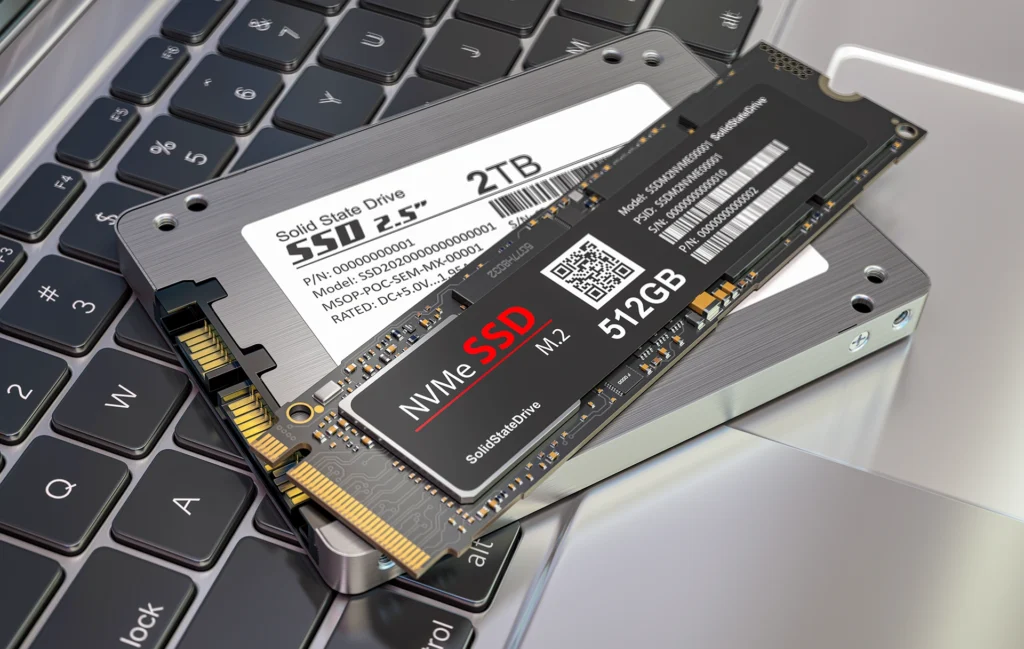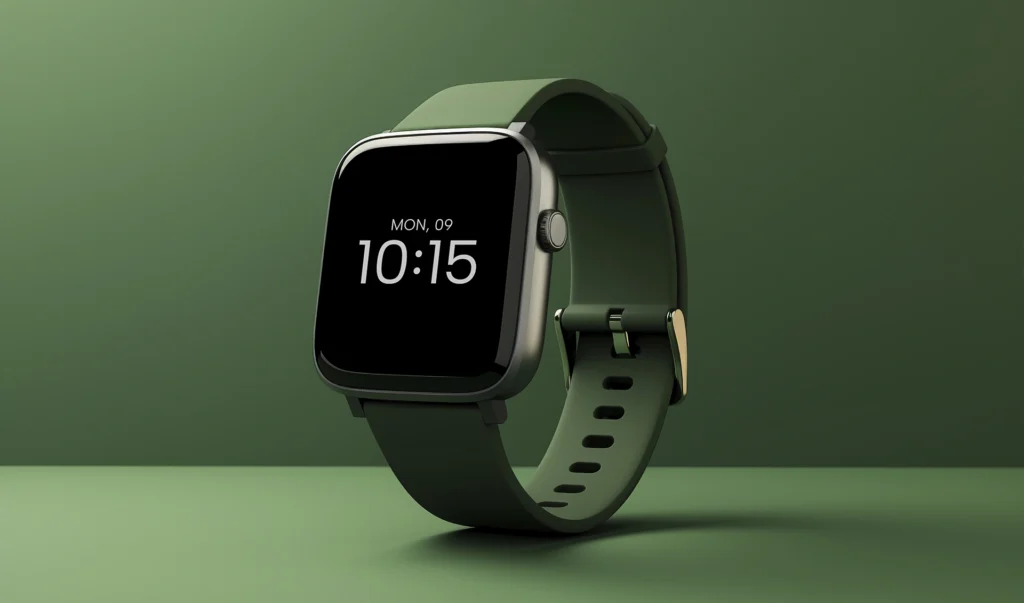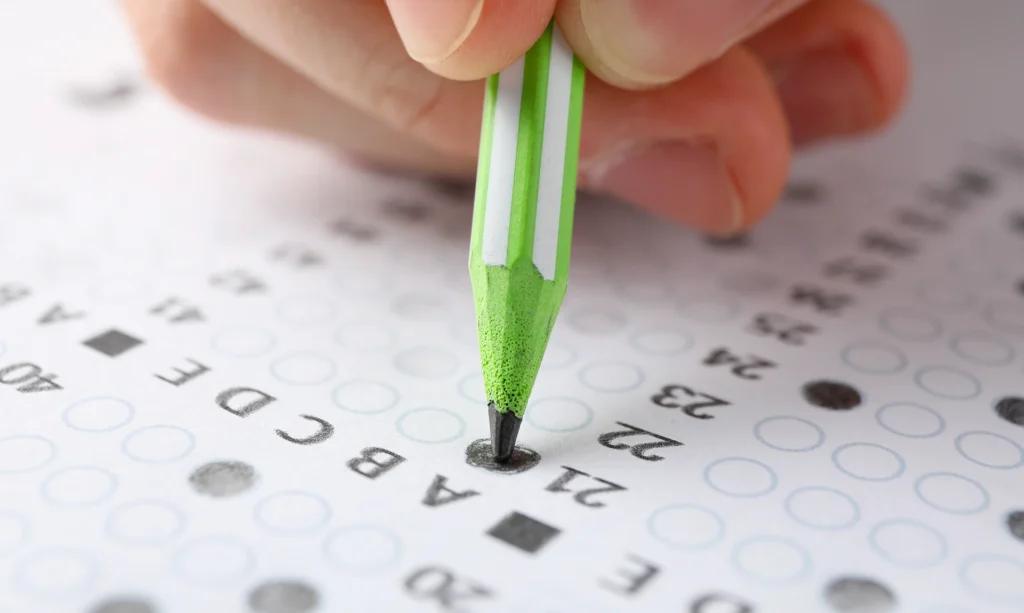Now Reading: What is the Ketogenic Diet and How to Do It?
- 01
What is the Ketogenic Diet and How to Do It?
What is the Ketogenic Diet and How to Do It?

The ketogenic diet offers various health benefits such as weight loss, diabetes management, epilepsy control, and addressing certain neurological conditions. So, what is the ketogenic diet and how is it done? In this article, we will examine the basics of the ketogenic diet, how to implement it, and its benefits.
Basics of the Ketogenic Diet
Low Carbohydrates: In a ketogenic diet, you get 5-10% of your daily calorie intake from carbohydrates. This means limiting or completely eliminating many common foods like bread, pasta, rice, fruits, and most vegetables.
High Fat: In a ketogenic diet, you get 70-80% of your daily calorie intake from fats. This means focusing on foods rich in healthy fats such as olive oil, avocado, nuts, seeds, and fatty fish.
Moderate Protein: In a ketogenic diet, you get 15-20% of your daily calorie intake from protein. This means focusing on lean or low-fat protein sources like meat, fish, chicken, eggs, and cheese.
How to Do the Ketogenic Diet?
- Limit Carbohydrates: Aim to keep your daily carbohydrate intake to 50 grams or less.
- Focus on High-Fat Foods: Consume plenty of foods rich in healthy fats, such as olive oil, avocado, nuts, seeds, and fatty fish.
- Choose Lean or Low-Fat Protein: Focus on lean or low-fat protein sources like meat, fish, chicken, eggs, and cheese.
- Drink Plenty of Water: Aim to drink at least 2 liters of water a day.
- Monitor Your Electrolytes: The ketogenic diet can lead to increased electrolyte excretion through urine. Therefore, consider taking supplements or consuming drinks containing electrolytes to keep your potassium, magnesium, and sodium levels balanced. Some electrolyte-rich drinks include:
- Mineral Water: Naturally rich in electrolytes, mineral water can help maintain your electrolyte levels while on a ketogenic diet.
- Coconut Water: Rich in electrolytes like potassium and magnesium, coconut water can help alleviate symptoms of dehydration and fatigue.
- Tomato Juice: Rich in electrolytes like potassium and sodium, tomato juice can help maintain your electrolyte levels while on a ketogenic diet.
- Bone Broth: Rich in electrolytes such as calcium, magnesium, and potassium, bone broth can help maintain your electrolyte levels while on a ketogenic diet.
- Electrolyte Supplements: Based on your doctor’s recommendation, electrolyte supplements can also help maintain your electrolyte levels while following a ketogenic diet.

Benefits of the Ketogenic Diet
- Weight Loss: The ketogenic diet can help with weight loss by promoting fat burning and suppressing appetite.
- Improving Blood Sugar Control: The ketogenic diet can help improve insulin resistance and blood sugar levels.
- Managing Diabetes: The ketogenic diet can significantly improve blood sugar control and reduce insulin requirements in people with diabetes.
- Reducing Epileptic Seizures: The ketogenic diet can significantly reduce the frequency and severity of epileptic seizures, especially in children.
- Managing Certain Neurological Diseases: The ketogenic diet is believed to help alleviate symptoms of certain neurological diseases such as Alzheimer’s, Parkinson’s, and Huntington’s disease.
The ketogenic diet is a powerful tool that can be beneficial for many health issues. However, it may not be suitable for everyone. It’s important to consult your doctor before starting the ketogenic diet.
































